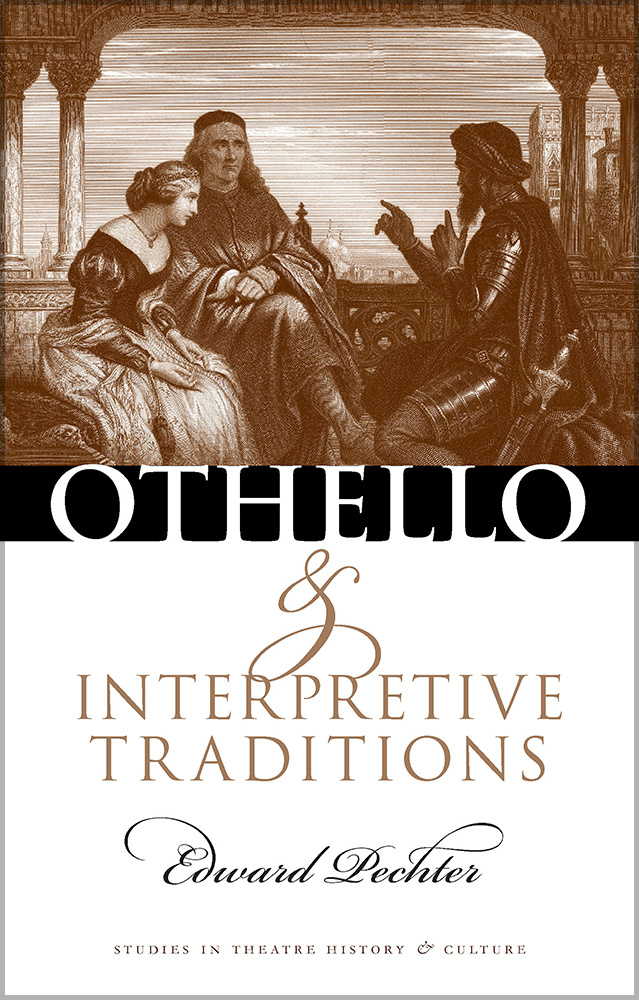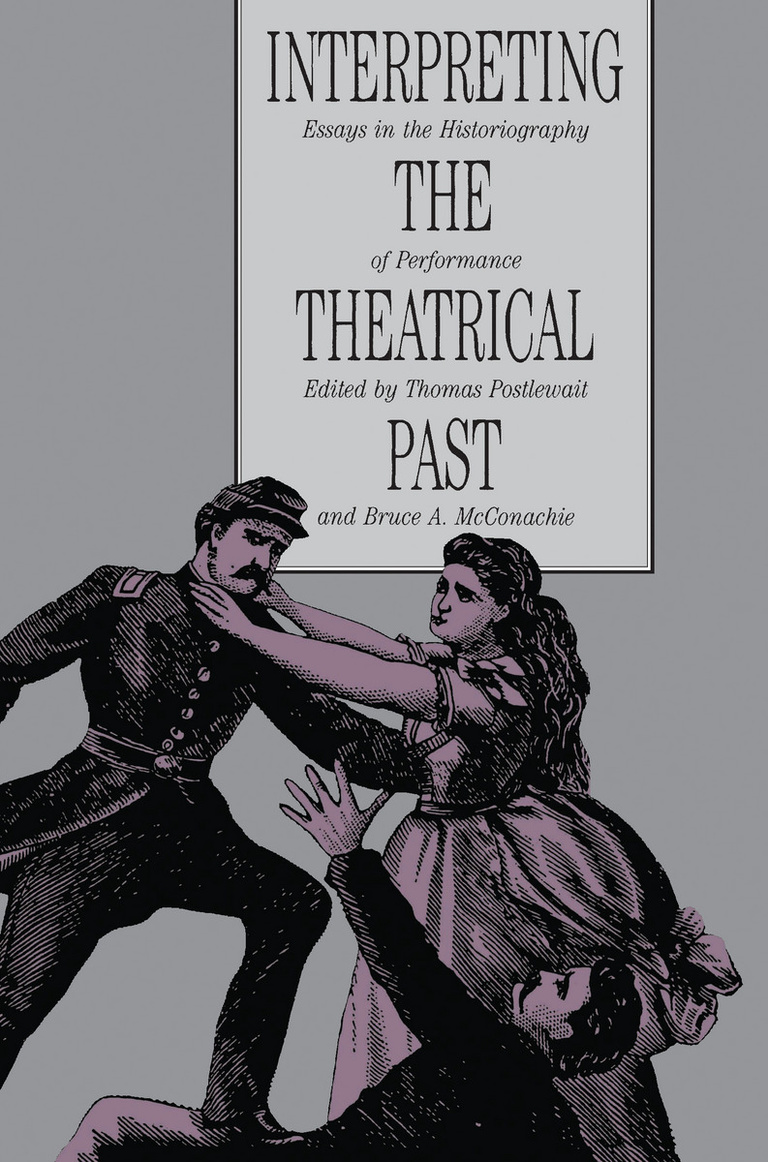Shakespeare commentary and performance today present us with a multiplicity of interpretations constructed and reconstructed from such diverse origins that the underlying evidence has become hidden by layers of reconceptualized meanings. What can or should count as evidence for the claims made by scholars and performers, and how should this evidence by organized? In Textual and Theatrical Shakespeare ten essayists answer these stimulating questions by exploring the possibilities for and the constraints upon useful communication among critics who come to Shakespeare from so many different directions.
Bridging the stage-versus-page gap between actors, critics, and scholars, the contributors in this carefully crafted yet energizing book reflect upon the many kinds of evidence available to us from Shakespeare's various incarnations as historical subject and as “our contemporary” as well as from his amphibious occupation of both stage and study. The constraints become arbitrary as each essayist clarifies the sources of this evidence; the seemingly rigid boundaries of scholarly and creative disciplines are crossed and redrawn.
From “How Good Does Evidence Have to Be?” to “Invisible Bullets, Violet Beards: Reading Actors Reading,” the essays in Textual and Theatrical Shakespeare illuminate the long and complex development of our diverse engagements with Shakespeare. Textual and literary scholars, performance critics, social historians, cultural theorists, actors, and theatre historians will appreciate and benefit from this generous spirit of cross-cultural communication.
“This is a valuable and timely collection that promises to become a major contribution to the study of Shakespeare reception. By foregrounding the problematic nature of 'evidence'—the evidence we marshal for theatre history, for interpretive analysis, and for the cultural narratives we construct—the authors have made some important interventions in the debate about the uses of Shakespeare in our time.”—Dennis Kennedy, author of Looking at Shakespeare
“This collection of essays is an important contribution to Shakespeare studies and to questions of how we as critics use evidence and formulate hypotheses. It is also a significant contribution to a scholarly approach to textual and performance studies and to the reciprocal relationship between the two.”—Medieval & Renaissance Drama in England
1—Edward Pechter Textual and Theatrical Shakespeare: Questions of Evidence
2—Michael D. Bristol How Good Does Evidence Have to Be?
3—Alan C. Dessen Recovering Elizabethan Staging: A Reconsideration of the Evidence
4—Robert Weimann Performance-Game and Representation in Richard
5—Kathleen E. McLuskie The Shopping Complex: Materiality and The Renaissance Theatre
6—John Ripley Coriolanus as Tory Propaganda
7—Laurie E. Osborne The Rhetoric of Evidence: The Narration and Display of Viola and Olivia in the Nineteenth Century
8—Catherine M. Shaw Edwin Booth's Richard II and the Divided Nation
9—Leanore Lieblein Theatre Archives at the Intersection of Production and Reception: The Example of Quebecois Shakespeare
10—Barbara Hodgdon "Here Apparent": Photography, History, and the Theatrical Unconscious
11—W. B. Worthen Invisible Bullets, Violet Beards: Reading Actors Reading



